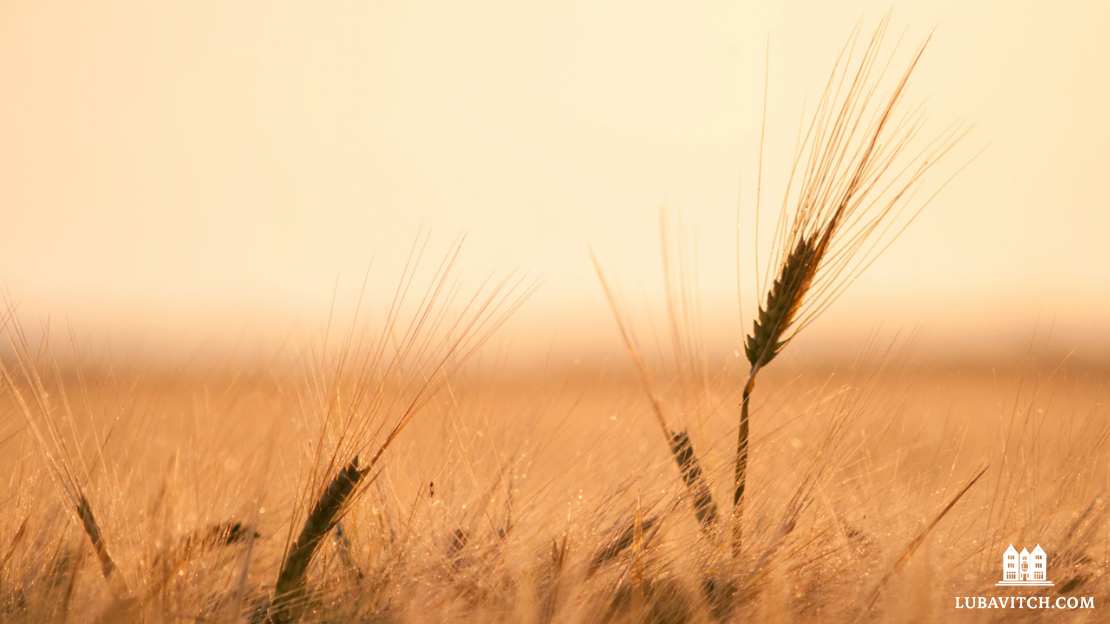This week’s parsha tells us, “You shall not muzzle the ox when it threshes the grain.” This ethic of kindness is so essential that Rabbi Yosef Caro places it in the final section of the code of Jewish law. There, it is accompanied by a similar law regarding the treatment of employees: “When you come into your neighbor’s vineyard [to work], you may eat your fill of grapes.”
Allowing a Jewish vineyard worker to partake of his employer’s grapes without even asking for permission to do so, this law highlights the attitude of kindness that the Torah expects of a Jewish employer.
Being Sensitive to the Neighbors
However, as Rabbi Yosef Caro codifies into Jewish law, Jewish employees working for a non-Jewish vintner are given no such license. “It is then forbidden to partake of [the fruit] you are working with,” he writes. In this case, it’s the employee who is asked to be extraordinarily sensitive.
This law contains an ethic applicable to the rest of us who don’t work in vineyards. Rabbi Caro begins the Shulchan Aruch with a call to “be bold like a leopard” and to “not be embarrassed before those who mock you.” It’s an injunction to be proud of our Jewish identity despite the circumstances. Now, at the conclusion of his work, Rabbi Caro returns to the theme by telling us how to gain our neighbors’ respect, instructing us to go above and beyond in our ethical behavior towards our neighbors.
A Deeper Kernel
After considering the ethics contained in these laws, we can take it one step deeper and ask, “aren’t we all G-d’s workers?” Chasidic thought draws a powerful analogy between the agricultural process and the process of moral and spiritual development. Much of our moral life comes down to choices. We sift between the good and the negative, the kernel of truth and the husk and straw that hides it—a process very much akin to threshing.
To carry out our divine task in the field of life, we require oxen, which is seen as symbolic of our physical side and our need for physical sustenance. But we know that G-d will not muzzle the ox as it performs its work. If we remain focused on our mission in life, we can rest assured that G-d will provide for our physical needs.

Be the first to write a comment.